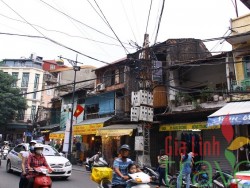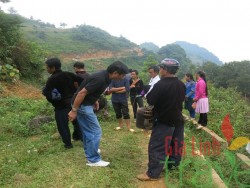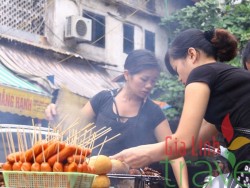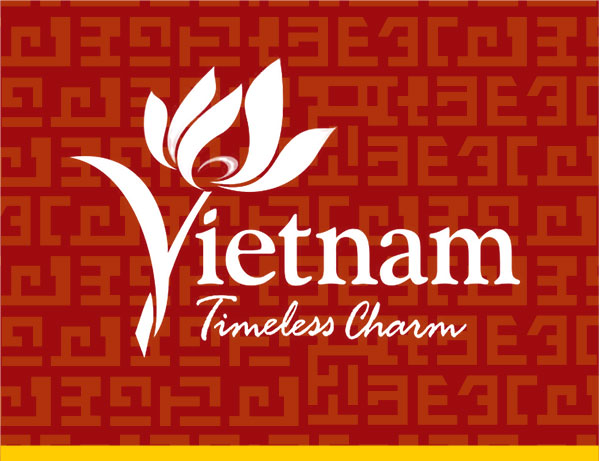Hanoi street
Safety Matters
Safety Matters


Sapa

Street food
Vietnam is likely one of the safest nations in Asia, and doubtless in the world. It has a stable government, the extent of civil unrest is insignificant, crime levels are very low in comparison with most international locations, and pure disasters affecting visitors are rare.
Within the streets
Vietnamese traffic drives on the right (mostly!) and has a considerably cavalier regard for highway safety. Pedestrian crossings, the place they exist, are almost invariably ignored, so visitors need to exercise care. The best technique is to attend for a lull within the visitors, then stroll steadily and purposefully across the road – oncoming bicycles and vehicles will move to 1 side to avoid a pedestrian. Hopping about making an attempt to avoid the traffic makes an accident more likely.
Pavements are problematic, too. Most are used for bike parking, or trading, and they’re usually in a poor state of repair, so it’s simpler to walk within the road. It is not as dangerous as is sounds as a result of the Vietnamese are used to avoiding pedestrians, however you need to keep an eye fixed on the traffic.
Crime
Within the cities, and particularly in Ho Chi Minh Metropolis, petty crime can sometimes be a problem. To avoid disagreeable experiences, don’t:
· depart personal belongings unattended – put them someplace safe or keep them with you
· Carry a shoulder strap purse or camera bag – a bag with a handgrip will deter bike bag snatchers
· carry large amounts of money or very important documents – practically all hotels have safe storage
· rely cash while standing at an ATM – put it in a safe place instantly and check it elsewhere
Most crime in Vietnam is low-level and opportunistic, and is unusual in comparison with main cities elsewhere.
Traveling safely
There is no restriction on movement other than more distant areas the place permits are required. However, the police monitor all hotel registrations: both Vietnamese and guests from overseas must hand in their passports or ID cards at hotels. That is standard process – they may always be returned safely upon checkout on the subsequent morning or after a day or two throughout a longer stay.
Most large hotels have safe deposit boxes, and smaller ones will look after valuables for you. Even budget hotels are guarded at evening, so hotel thefts are rare.
In case you travel with Gia Linh Travel, you will be driven in an excessive-quality car by an experienced driver with an unblemished safety record. The locations you go to will probably be safe and managed properly. For example, we only use formally licensed boats on Ha Long Bay, and always moor in a safe area for overnight stays.
In fact, accidents can happen at any time. All Gia Linh Travel guides are experienced and chosen not just for their native knowledge, but in addition for their sense of responsibility and ability to act decisively. They can be relied upon to take prompt, efficient motion when a scenario merits it. The safety of guests is always top priority.
